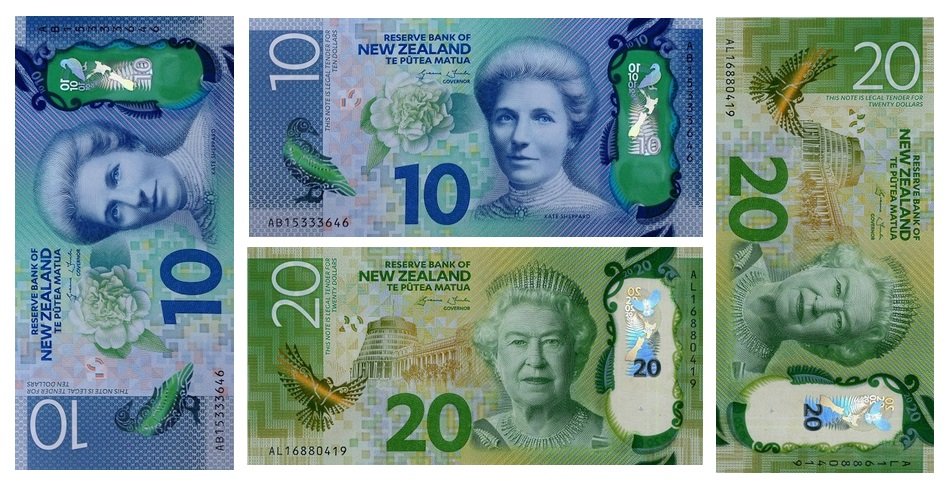Can We Fix It? How the Ng? Tangata Microfinance Trust is helping to keep the vulnerable out of debt

Sometimes a car breakdown, doctors visit or any unexpected cost can be too much to manage, and money needs to be found quickly.
When sources run dry, pay-day and other third-tier lenders open their doors.
The problem is, third-tier lenders can charge interest rates between 30 and 400 percent, leaving vulnerable people with a debt burden that can quickly pull them into the cycle of poverty, Jonathan Choy says.
Choy is the director of Nga Tangata Microfinance Trust, formed in 2010 by the New Zealand Council of Christian Social Services, the Federation of Family Budgeting Services and the Child Poverty Action Group, to tackle the issue of low-income families trapped in high-interest debt.
“They made the decision to provide a real response in terms of social justice in the financial arena,” Choy says. “To alleviate poverty and to help those on low incomes afford safe, fair and affordable credit.”
The trust looked to Good Shepherd Microfinance in Australia, which has been operating for over 30 years, for its intellectual capital and guidance in creating its first asset building loan.
Microfinance is recognised the world over as a tool to tackle poverty by helping people escape high-interest debts and give them a chance to explore business ideas and access education.
With Kiwibank providing the capital – which was recently increased to $500,000 – the trust offers two interest and fee-free loans, one up to $1,500 for asset purchases and the other up to$3,000 for relief from high-interest debt.
Choy says the strength of the programme is the loan coupled with financial capability provided by budgeters who work alongside clients.
“Not only to pay back the loan but to help them with their overall financial situation, which is often very challenging.”
Just as important as helping people regain control of their finances, the loans have improved the mental health and well-being of parents, which in turn improves the well-being of their children, Choy says.
By late 2016 the trust had lent $414,000 to 187 clients, an amount that’s been calculated to have saved over $800,000 in credit costs and charges.
A key aim of the trust is that borrowers are able to get their budget under control, repay debts and gain access to the mainstream financial resources that those with higher incomes or more stable finances have access to.
It also advocates for a safe and fair credit environment that’s more protective of low-income people, including a total cost of credit cap for lenders, a key condition missing from current legislation, Choy says.
Because, as OECD co-operation and development secretary-general Angel Gurria said, “ignoring increasing inequality is not an option”.





